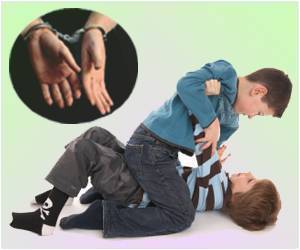
‘Children who lose their parents during childhood have increased risk of committing suicide later in their life.’
Tweet it Now
"The doubled risk of suicide is worth paying attention to as suicide is preventable and the challenge for research is to narrow down risk factors so we can target public health interventions to high risk groups," said Mai-Britt Guldin, of Aarhus University in Denmark.They found that about 189,000 people, or about 3 percent, had experienced a parent’s death before age 18. Then they compared the survivors to 1.89 million people who didn’t lose a parent in childhood.
Over the next 40 years, about 0.14 percent of people who lost parents as children died by suicide, compared to about 0.07 percent of people whose parents hadn’t died prematurely. The study was published in the Journal JAMA Psychiatry.
Researchers noted that about 3-4 percent of people in Western countries experience the death of a parent during childhood.
Children of parents who died by committing suicide were about 3.4 times more likely to also die by suicide later on. Even children of whose parents died due to other reasons were twice likely to commit suicide when compared to children who did not lose their parent.
Advertisement
Children who lost a parent at the age of six were three times more likely to commit suicide than who didn’t lose a parent. The suicidal tendency was twice the times higher in males than females. The increased risk of suicide after a parent’s death during childhood remained high for about 25 years.
Advertisement
“One clinical strategy could be to monitor distress in bereaved children and provide individualized support to help highly distressed children cope with bereavement," Guldin added.
The study team concluded that it’s unclear why people who experience a parent’s death during childhood would be more likely to die by suicide, but some explanations could be shared genetic traits, environmental factors and stress.
Source-Medindia









